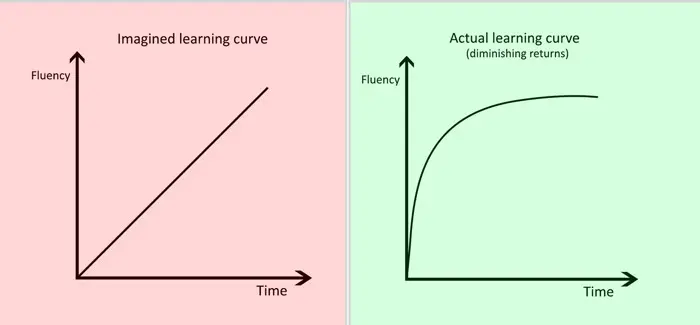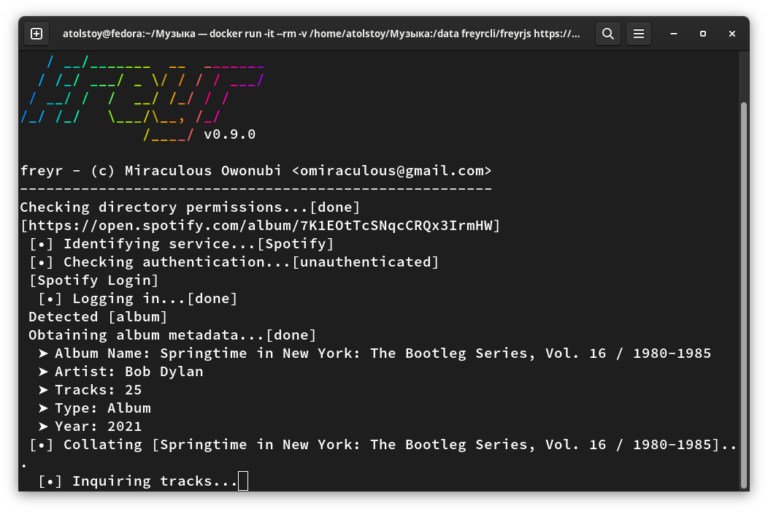Juniors lie about work experience. Is this a problem for HR?
The desire to put together a separate article appeared against the backdrop of quite heated discussions in the comment thread. In many ways the comments are contradictory. The debate touches on nuances ranging from the ethics of asking for payment for test assignments to broad questions about the importance of higher education.
Therefore, I would like to reassemble my comment in a more expanded format + supplement it somewhere based on new interviews.
A short preface
In any survey/topic you can vigorously defend your point of view. But IMHO, if you are neither Junior nor HR, it will be quite difficult to get to the bottom of the truth in this matter, since you are only an outside observer. Therefore, the most effective way to get reliable data is to ask the actors.
We conducted problem interviews with HRs and Juniors as part of the development of our ED-tech/HR-tech project. At the time of publication of the article, 12 interviews were conducted with Junior and 15 with HR. The sample is small, but it is enough to see 80% of the situation on the market.
Junior
HR
3 work in companies with up to 40 – 60 people
4 work in companies of 80 – 100 people
8 work in HR agencies
Do Juniors add experience to their resume? Why?
Short answer: They cheat, but not all

The difficult economic situation in the CIS IT market over the past three years has forced companies to reconsider their recruitment strategy. Many of them, faced with financial difficulties, closed their internship programs and reduced the number of junior specialists. This market reaction had an impact on the recruiting landscape and created fertile ground for the phenomenon of lying on a resume.
Against the background of difficult market competition, many courses continued to tell potential students about the ease of employment in IT and the prospects for quick enrichment after their completion
Supply fell, demand continued to grow…
With job opportunities in short supply, people have begun to resort to various strategies to stand out from their competitors. The most important of which is tweak the experience a bit
Some people add six months of commercial experience to be like Junior+, others give themselves 1.5 years of freelancing to find their first job. In their quest to stand out from the competition, some candidates go even further. They not only inflate their experience, but also resort to extreme measures, stealing other people's pet projects and presenting them as their own on platforms like GitHub
This is especially true for areas such as React/Vue and Python, where 3k applications for vacancies have already become a kind of norm.

A couple of quotes from discussions with Junior specialists:
About boosting experience
Well, I have no choice. I have been responding to all vacancies for 4 months now. On average, out of 30 responses, 2-3 are answered (Junior React Developer)
Idk, I didn't lie on my resume. But I was lucky because I passed the test selection for the internship. From there I was immediately hired (Junior Angular Developer)
After the courses, we were recommended to get 3 months of experience, since our practice was checked by a mentor (Junior React Developer)
About pet projects
Didn't take strangers directly. I took someone else’s ToDo implementation, and based on it I made my own, which I uploaded (Junior React Developer)
We actively implemented micro-projects during the courses. So I didn’t have to take it anywhere. All yours
About certificates, etc.
However, the question to ask is: How much of an impact do these small resume “fixes” really have on your job search?
In practice, work experience for Junior specialists rarely becomes the determining factor when making a hiring decision.
HR hiring process. Does boosting experience matter?
Short answer: boosting experience has almost no effect
HR notes that the experience numbers on the resume represent only the first stage of selection. Despite the increasing number of lies on resumes, this has not yet become a critical problem for HR. The diversity in the sample of applicants for Junior vacancies ranges from 0 to 2 years of experience, which emphasizes the dynamism and ambiguity of this category.
Below I am posting a script that I created based on conversations with HR. Here we can immediately add that luck largely plays a role in popular destinations. Since with 3k reviews the recruiter will not physically be able to look at everyone, so more often than not the best ones are selected for an interview, but the first ones found that meet the criteria
Sample selection script Senior JUNIOR specialist
Please pay attention to this, since the processes for hiring middle/senior are completely different. So there is no point in writing in the comments that you, as a senior, would never agree to a free test 🙂
If a sufficient block of time is allocated for the vacancy
We look at the resume (key skills, location, salary)
People with “template” resumes are dismissed after the course
People without key skills are brushed aside
If we are not talking about an internship, people only with freelancing experience are brushed aside
Those who are blacklisted by HR (called names, spat, etc.) are swept aside.
Age matters
We give a test for 1-2 hours (Usually this is some kind of CRUD template. We ask the candidate to make 2-3 changes)
We weed out those who don’t want to do it or do it for a long time.
This is especially true for “popular” areas such as JS, Python
An interesting fact is that you may not even get to check the task. For example, if a person has already been selected. But such tasks act as a basic filter. Separate those that can do something according to technical specifications and those who for some reason cannot
Checking the software
Technical social security
If there was a technical specification, some questions are usually asked about it
If there was no technical specification – questions on key skills + some abstract ones to think about
You can conduct a live code and give some simple problem from a combat project
If time is short (a rare case for Junior positions)
Screening based on resume
Screening
Third-party screening systems can be used for automation
They don’t give test papers because they take time to check.
Combined soft + hard
A couple of quotes from discussions with HR specialists:
From the point of view of an HR specialist, several important conclusions can be drawn about the rigidity of the market for recruiting Junior specialists.
First of all, the selection process is complicated by the high competitive pressure caused by the large number of candidates for each vacancy.
This, in turn, leads to the need for quick and effective screening, where even minor details can become decisive factors.
The wild attrition caused by the fact that the market is overcrowded with applicants forces HR professionals to use strict criteria to narrow the pool of potential candidates as much as possible.
Epilogue
In this article, I did not want to hurt anyone's feelings/ego/experience, etc. My goal is to provide information, based on the results of a small study and hear feedback in the comments. Any additions and new ideas are welcome. Ready to update the article as new information becomes available
PS Like any new author, after writing my first article tg channel appeared. Welcome. I write there more often, more simply and more freely. The format of the article still limits the narrative within some framework.





